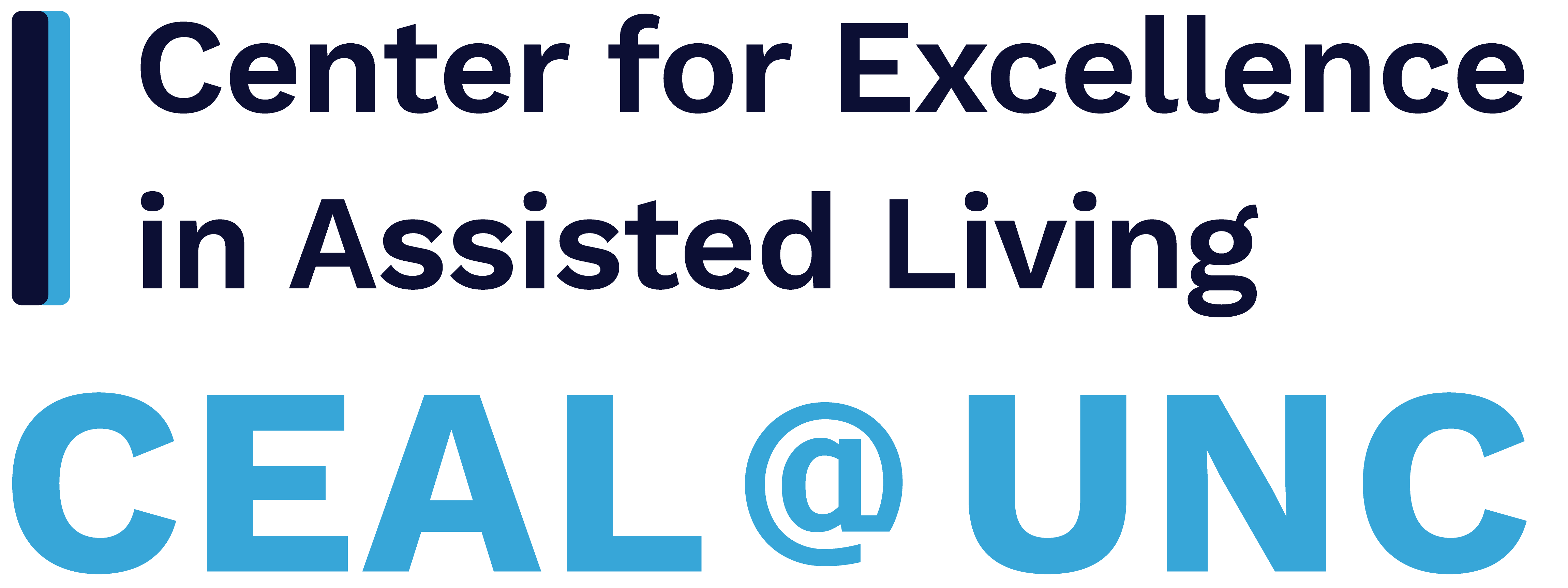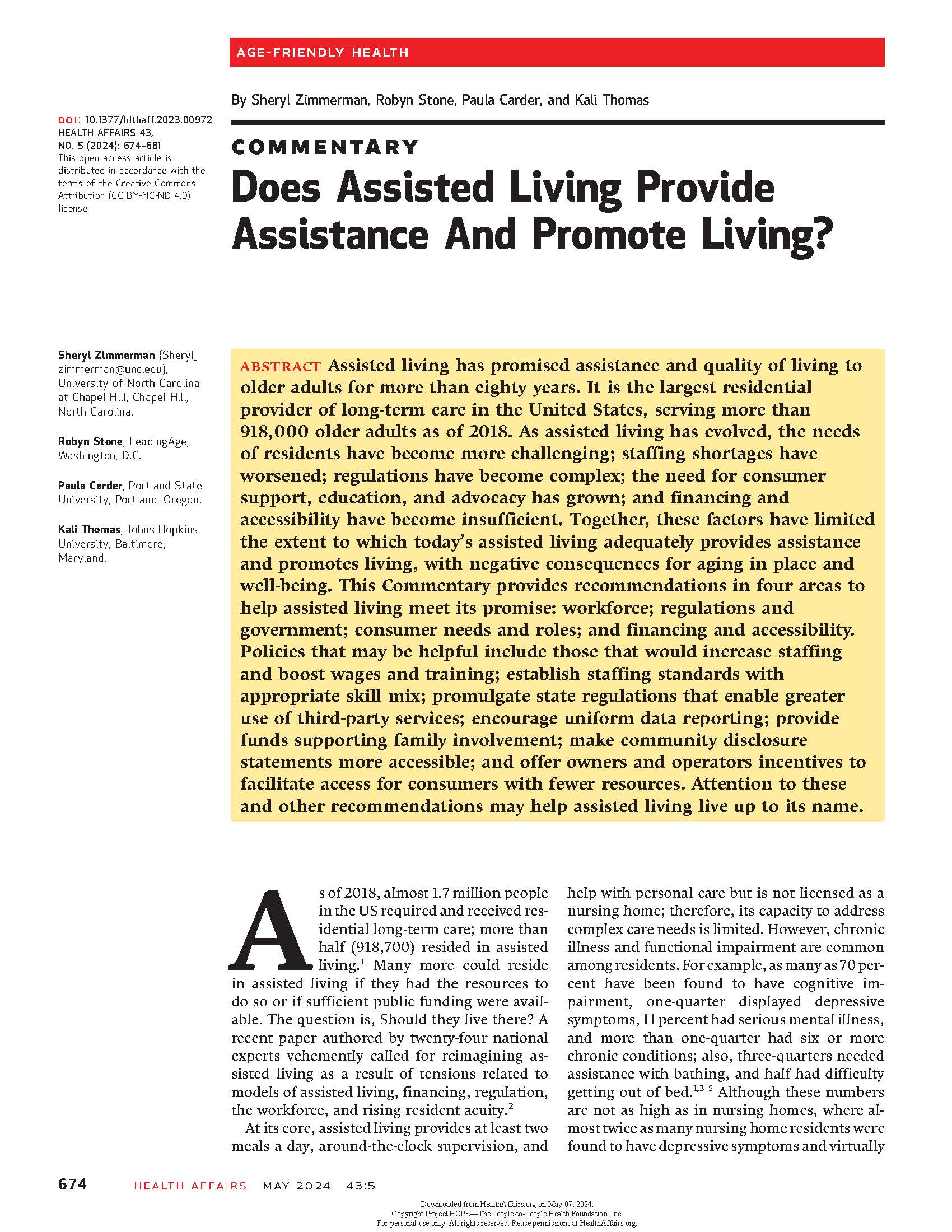Purpose: Assisted Living (AL) residents are embedded in “care convoys” comprised of a dynamic network of formal and informal care partners. Using the convoys of care model—a multi-level framework connecting care convoy properties to resident outcomes—we examined healthcare management and communication between convoy members. We recommend strategies to engage primary care in supporting collaboration, communication, and consensus-building for older adults and their convoys.
Methods: Data were collected from the longitudinal study, Convoys of Care: Developing Collaborative Care Partnerships in AL. Fifty residents and their care convoy members (N = 169) were followed in eight AL homes in Georgia over 2 years. Original data were analyzed using Grounded Theory Methods of qualitative data, including formal and informal interviewing, participant observation, and record review.
Results: The convoys of care model provide an innovative perspective that will assist providers in supporting AL residents and their care partners to achieve better care outcomes. Findings demonstrate the utility of understanding the structure and function of social resources and implications for improving healthcare outcomes.
Conclusion: This research informs the work of physicians and mid-level providers with patients in AL by providing strategies to uncover specific social determinants of health. Recommendations for use in patient encounters are enumerated.

Center for Excellence in Assisted Living CEAL@UNC
Advancing the well-being of the people who live and work in assisted living through research, practice, and policy.

